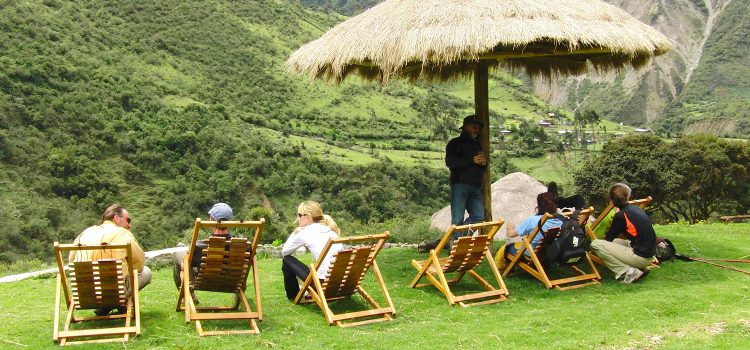
In recent years, eco-tourism has emerged as one of the fastest-growing sectors in the travel industry. As travelers become increasingly aware of their environmental footprint, the demand for sustainable travel options has surged. This article delves into the latest trends in eco-tourism and provides insights on how to travel responsibly.
Rise of Eco-Tourism
Eco-tourism, defined as responsible travel to natural areas that conserves the environment and improves the well-being of local people, has seen significant growth. This trend is driven by a combination of factors, including increased environmental awareness, a desire for unique and authentic experiences, and the growing recognition of the importance of sustainable development.

Trends in Eco-Tourism
Sustainable Accommodations: Eco-friendly lodgings, such as eco-lodges, green hotels, and sustainable resorts, are becoming more popular. These accommodations prioritize energy efficiency, waste reduction, and the use of renewable resources. Many also engage in conservation efforts and support local communities.
Wildlife Conservation: Travelers are increasingly interested in experiences that support wildlife conservation. This includes visiting sanctuaries, participating in wildlife monitoring programs, and supporting anti-poaching initiatives. These activities not only provide unforgettable experiences but also contribute to the preservation of endangered species and their habitats.
Community-Based Tourism: Eco-tourism often emphasizes the importance of supporting local communities. Community-based tourism initiatives allow travelers to engage with local cultures, traditions, and livelihoods. This can include staying in homestays, participating in cultural workshops, and purchasing locally-made products.
Carbon Offsetting: With the growing awareness of the carbon footprint associated with air travel, many travelers are opting to offset their emissions. Carbon offset programs invest in projects that reduce greenhouse gases, such as reforestation, renewable energy, and energy efficiency initiatives.
Slow Travel: The slow travel movement encourages travelers to spend more time in fewer places, allowing for a deeper connection with the destination. This approach reduces the environmental impact of frequent travel and promotes a more meaningful and immersive experience.
Travel Responsibly
Choose Eco-Friendly Accommodations: Research and select accommodations that prioritize sustainability. Look for certifications such as LEED, Green Globe, or EarthCheck, which indicate a commitment to environmental and social responsibility.

Support Local Economies: Opt for locally-owned businesses, restaurants, and tour operators. This ensures that your spending benefits the local community and helps preserve cultural heritage.
Minimize Waste: Reduce your use of single-use plastics by carrying reusable items such as water bottles, bags, and utensils. Be mindful of your waste and recycle whenever possible.
Respect Wildlife and Natural Habitats: Avoid activities that exploit or harm wildlife. Follow guidelines for responsible wildlife viewing and never feed or touch wild animals. Stick to designated trails to minimize your impact on natural habitats.
Offset Your Carbon Footprint: Calculate the carbon emissions from your travel and invest in reputable carbon offset programs. This can help mitigate the environmental impact of your trip.
Educate Yourself and Others: Learn about the environmental and social issues facing your destination. Share your knowledge and experiences with others to promote awareness and encourage responsible travel practices.
Conclusion
Eco-tourism offers a unique opportunity to explore the world while making a positive impact on the environment and local communities. By staying informed about the latest trends in eco-tourism and adopting responsible travel practices, we can all contribute to a more sustainable and ethical travel industry.










